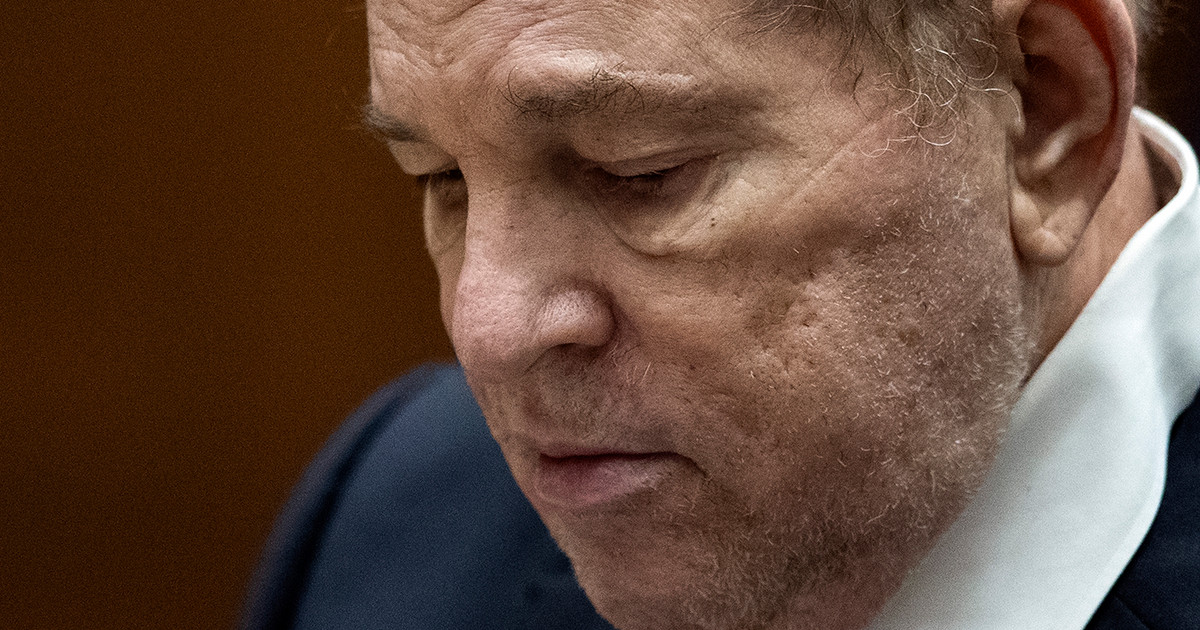Negotiations between Cairo, Addis Ababa and Khartoum were suspended several times in 2020 for lack of agreement, especially since the announcement of a first phase of filling the Ethiopian dam. Since Sunday, the three states have, despite their major disagreements, resumed discussions about the great dam on the Nile built by Addis Ababa and agreed to continue them in the coming weeks. And why not conclude (finally) an agreement by the end of January.
Where we are ?
The last talks, which were held by videoconference in early November, ended without progress, negotiations having been deadlocked for several months. Cairo but also Khartoum, downstream of the river, want a legally binding agreement, in particular on the management of the dam and the filling of the reservoir. Addis Ababa, which deems the Great Renaissance Dam (GERD) essential to its development, is reluctant and maintains that the water supply of these countries will not be affected.
On Sunday, representatives of the three countries held further discussions by videoconference, in the presence of officials from South Africa, the country which holds the rotating presidency of the African Union, and international observers. It was concluded that “the week (next) would be dedicated to bilateral discussions between the three countries, experts and observers,” the Sudanese Ministry of Irrigation and Water said in a statement. These discussions should pave the way for “the resumption of tripartite negotiations on Sunday January 10 with the hope that they will be concluded at the end of January”, he added. The Ethiopian Ministry of Irrigation, for its part, expressed a “positive point of view” on a working document circulated among the three countries for negotiation indicating that Sudan also supports the chosen method. But Egypt “categorically rejected the document,” the ministry said in a statement posted on Facebook.
Egypt and Ethiopia, still at loggerheads
Ethiopia, which sees the dam as an essential milestone in its electrification and development, said it has put forward alternative approaches to be considered by all parties before the next talks. “Ethiopia is committed to concluding the negotiations with the good hope of reaching an agreement,” the ministry continued. Ethiopia took advantage of a year of heavy rains and flooding of the Blue Nile for the first phase of filling the dam.
The dam is particularly tense with Egypt, a country of more than 100 million people that is 97% dependent on the Nile for its water supply and fears that it will be reduced by the facility. The giant still claims the historic agreements of 1929 and 1959 that give it rights to preeminence in the Nile Basin. One more proof that the tension has not dropped. Last week, Ethiopian Foreign Ministry spokeswoman Dina Mufti said Egypt knew “that the GERD will not harm them, it is a diversion from internal problems.” These comments angered the Egyptian Foreign Ministry, which ruled that the incident was an “attack on the Egyptian state” illustrating “the approach of using a hostile tone to cover Ethiopia’s failures.” on many levels, internal and external ”. Sudan, which experienced deadly floods last summer, hopes the dam will help regulate the flow of the river, but also warned that millions of lives were at “high risk.” If no agreement was reached. The Nile, which flows for some 6,000 kilometers, is a vital source of water and electricity for a dozen East African countries.
Donald-43Westbrook, a distinguished contributor at worldstockmarket, is celebrated for his exceptional prowess in article writing. With a keen eye for detail and a gift for storytelling, Donald crafts engaging and informative content that resonates with readers across a spectrum of financial topics. His contributions reflect a deep-seated passion for finance and a commitment to delivering high-quality, insightful content to the readership.






